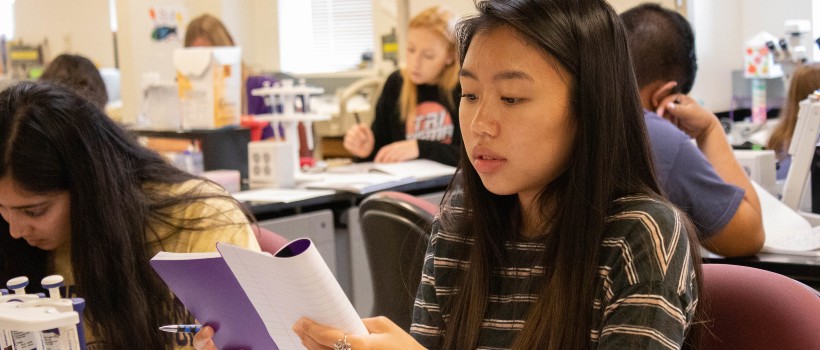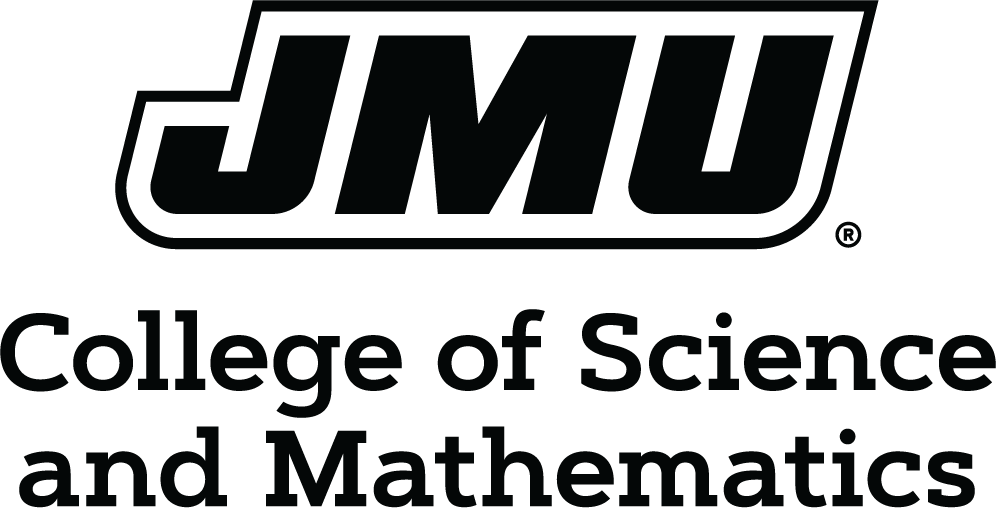
Biotechnology Frequently Asked Questions
When teasing apart these different areas of study and practice, let’s start with engineering, since it is the most different. Engineering focuses on the design process used to create new and better products to solve problems. It’s an iterative cycle of problem abstraction, ideation, modeling, building, and testing. Biological engineering (also called bioengineering) is the development of products that interface with living systems. Examples include medical devices, health monitors, imaging systems, and prosthetic limbs made of synthetic materials. Biology is the study of living things at a variety of scales. When we think of things on the small scale as “parts”, while larger-scale things are “systems”, “machines”, “tools” or “productions”—now we’re thinking like a biotechnologist. Biotechnology is the use of biological components or processes to solve human problems. These solutions most often come in the form of products or tools. Examples include things like vaccines, molecular diagnostics, biopharmaceuticals, engineered tissues, genetically modified crops, transgenic animals, enzymes and methods used by researchers, and DNA sequencing for crime, medicine, or genealogy.
Check out the JMU Engineering, Biology, and Biotechnology websites and reach out to program representatives to help you decide which field of study and major is right for you.
JMU is subdivided into colleges, units (also called departments or schools), and programs. Multiple programs may be housed within a single unit. Multiple units make up a college. A “program” is a major of study. Students declare majors to adopt a set of curricular expectations beyond the university-wide “General Education” coursework. When it comes time to graduate, students who have declared “Biotechnology” as their major earn Bachelors of Science (B.S.) in Biotechnology degrees.
Biotechnology is a unique program in that it shared by three primary units—the Department of Biology, the Department of Chemistry and Biochemistry, and the School of Integrated Science. These units exist in two colleges (College of Science and Mathematics and the College of Integrated Science and Engineering). Because of this, Biotech students have insider access to all the resources, support, and opportunities associated with BOTH colleges. What’s not to love about that?!
Our roster consists of about 125-150 students. There are approximately 30 faculty—primarily from Biology, Chemistry, and Biochemistry, and Integrated Science and Technology—that support the program. Biotech students have access to many of the coursework, events, scholarships, and research opportunities associated with these faculty and their home units.
Just a quick administrative side note— In many ways, we think of our program as existing in the space between Biology, Chemistry and Biochemistry, and Integrated Science and Technology.
The Biotech curriculum includes a strong foundation in traditional math and sciences. Because of this, first and second-year students take introductory biology and general chemistry courses. These courses may have as many as 100 to 125 students in the lecture portion of the course. (Just because it’s called a “lecture” doesn’t mean it’s all lecture, though! You can expect to do active learning in just about every course, in every class, that you take at JMU.) These 100-125 students are divided up into much smaller laboratory sections of approximately 20-25 students. This small size allows instructors to get to know their students and, in some cases, perform what’s called “course-embedded research.” Course embedded research involves real inquiry or discovery-based science in the context of a laboratory classroom setting. We do this because we know that the best way to learn science is to do science!
You can expect much smaller classes at your intermediate and advanced levels. It is not uncommon for elective courses to have just 12-20 students in them. Approximately 75% of our students engage in mentored research for credit. In this case, students work side-by-side with a faculty member to pursue a shared research goal. In some ways, such experiences are like having a personal tutor or becoming an apprentice.
Where the Biology and Biotech curricula start to diverge is at the intermediate and upper levels. For example, Biotech students are uniquely required to take an intermediate level biotechnology lab that involves cloning a gene and biomanufacturing its protein product, a bioethics course, and courses intended to introduce them to the biotech major and industry. Biotech students also have a highly diversified set of electives from which to choose from. There are more than 50 pre-approved electives to choose from! These electives allow students to customize their learning paths and degrees to best suit their goals. Dedicated academic advisors help students along the way to easily and strategically navigate the degree requirements. (Be sure to check the Biology Department and Biotech Program websites and the JMU Undergraduate Course Catalog for more information about exact degree requirements.)
Because the first-year curricula for Biology and Biotech majors are virtually identical—students from both majors take introductory biology, chemistry, math, and a general education course—it is very easy (and common!) for students to switch between the majors within their first year, or even two. So, don’t sweat it! You can adjust your academic path along the way if needed.
Very well—by design! When we first created the Biotech curriculum in 2005, we placed a high value on mentored independent research, just like the Honors College. Biotech students may replace six of their required fifteen elective credits with mentored research. These six research credits can be used to fulfill the six “Capstone Project” credits required by the Honors College.
arch credits can be used to fulfill the six “Capstone Project” credits required by the Honors College.Absolutely! If you compare these requirements with ours, you’ll see a lot of overlap—particularly for the pre-med minor. In fact, Biotech majors with the pre-med minor only need to take one additional course above their regular Biotech requirements. This is very doable. In fact, nearly 30% of our majors also carry a pre-professional minor.
Northern Virginia is home to the fourth-largest biotech hub in the country. There are somewhere in the neighborhood of 750 employers of biotech grads in that region of the Commonwealth. Smaller biotech-heavy areas include Roanoke, Richmond, and Charlottesville. Merck & Co. (a large biopharmaceutical company) has a biomanufacturing plant in Elkton, just 10 minutes east of JMU. We are working actively to develop and maintain close connections with them as they expand their Elkton site to become the global supplier of the anti-HPV vaccine, Gardasil-9.
On a related note, many of our students participate in industrial internships either during the academic year or over the summer. Our University Career Center liaisons and the Biotech Program Director help students find opportunities, prepare their application materials, and connect what they’ve learned back to their primary on-campus studies.
In recent years, we’ve seen about 50% of our graduates getting industry or government jobs in biotechnology. Another 25% pursue graduate studies (i.e., Master’s or Ph.D.) in a related field such as synthetic biology, neuroscience, bioinformatics, microbiology, biological threat management, or public health. The last 25% pursue professional studies in medicine, pharmacy, optometry, veterinary medicine, or law.
Because biotechnology is an applied, interdisciplinary field, there are so many directions that you could go in your career. Some people are interested in research and development (sometimes called bench science). Others feel passionate about regulation, bioethics or policy. Some pursue careers in large-scale biomanufacturing of biotechnology products, while others choose to use their degrees as a gateway into medical or other professional schooling. For a more detailed discussion of careers associated with a degree in biotechnology, check out the Biotechnology Career Guide offered by the University Career Center.


